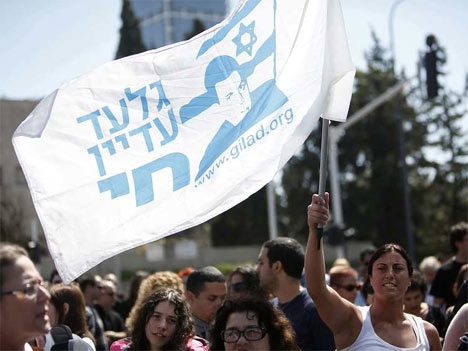Today, March 17th 2011, is Ta’anit Esther, the Fast of Esther, observed before Purim which begins this Saturday night. This is one of those years when the fast before the feast feels especially needed and especially important.
The practice is based on the words found in the biblical Book of Esther, 4:15-16, “Then Esther sent to Mordechai, ‘Go and assemble all the Jews who live in Shushan and fast on my behalf…I and my handmaidens will do the same’.” Esther decides to violate royal practice, and risk her life in doing so, by going to the King without having been invited, so that she can try and avoid the mass murder which the King’s advisor has planned.
Esther needs to prepare herself for taking that risk, and she needs the support of her community to do so. In keeping with the practice of many traditions, she declares a fast – a time of finding strength and courage by stepping back from the fulfillment of her most immediate needs.
As I sit at my desk, also fasting, some 2,300 years after the events described in the Book of Esther (and whether or not they “really” happened is of little concern), I find myself thinking that we all could use a day like that right now, even if we are not Jewish. And yes, I appreciate the co-incidence (don’t really think that it’s simply coincidence) of this one day fast and Lent, which is a fast of a similar nature.
In the last week both the Jewish world and the larger world have been struck with tragedies of unusual proportion. While each is different in their own way, and one situation is more obviously fluid than the other, each has already caused enormous suffering and each will continue to have significant repercussions. I refer to the murder of the Fogel family in Israel, and to the earthquake/tsunami/nuclear disasters which have hit Japan.
I also want to be careful about what some may see as an inappropriate equivalence between the murders of “only” five people in Israel, and the deaths of thousands in Japan. I also appreciate that others will question the value of lumping together people who were murdered and those who died in natural disasters.
But at the end of the day, dead is dead, families are suffering and it seems to me that this confluence of horrible events, both the global and the more familial (I remember Udi Fogel, the slain father, as a little boy – his Father, Rabbi Chaim Fogel was a head-of-school where I attended 12th grade in Israel), demands a turning inward which leads to a turning outward.
Like Esther, I need to fast so that I can find a new measure of strength and courage in order to reach out, speak out, and try and make some positive difference in the face of terrible events. As in Esther’s time, this is a moment when we cannot simply rely on how we usually do things – we need to go beyond our comfort zones, beyond the typical thought, practices and procedures with which we usually respond to life’s challenges. In some way, that is always the human challenge, but this week it feels especially acute.
This week, we really do need to fast like Esther. It may not be fasting per se’, and I have no interest in defining how any of us reach out, but if ever there was a time to take a risk and go beyond ourselves, our usual approach to things and our usual customs, all on behalf of others, this is it. This fast of Esther, I pray that we all find the strength to do so.

